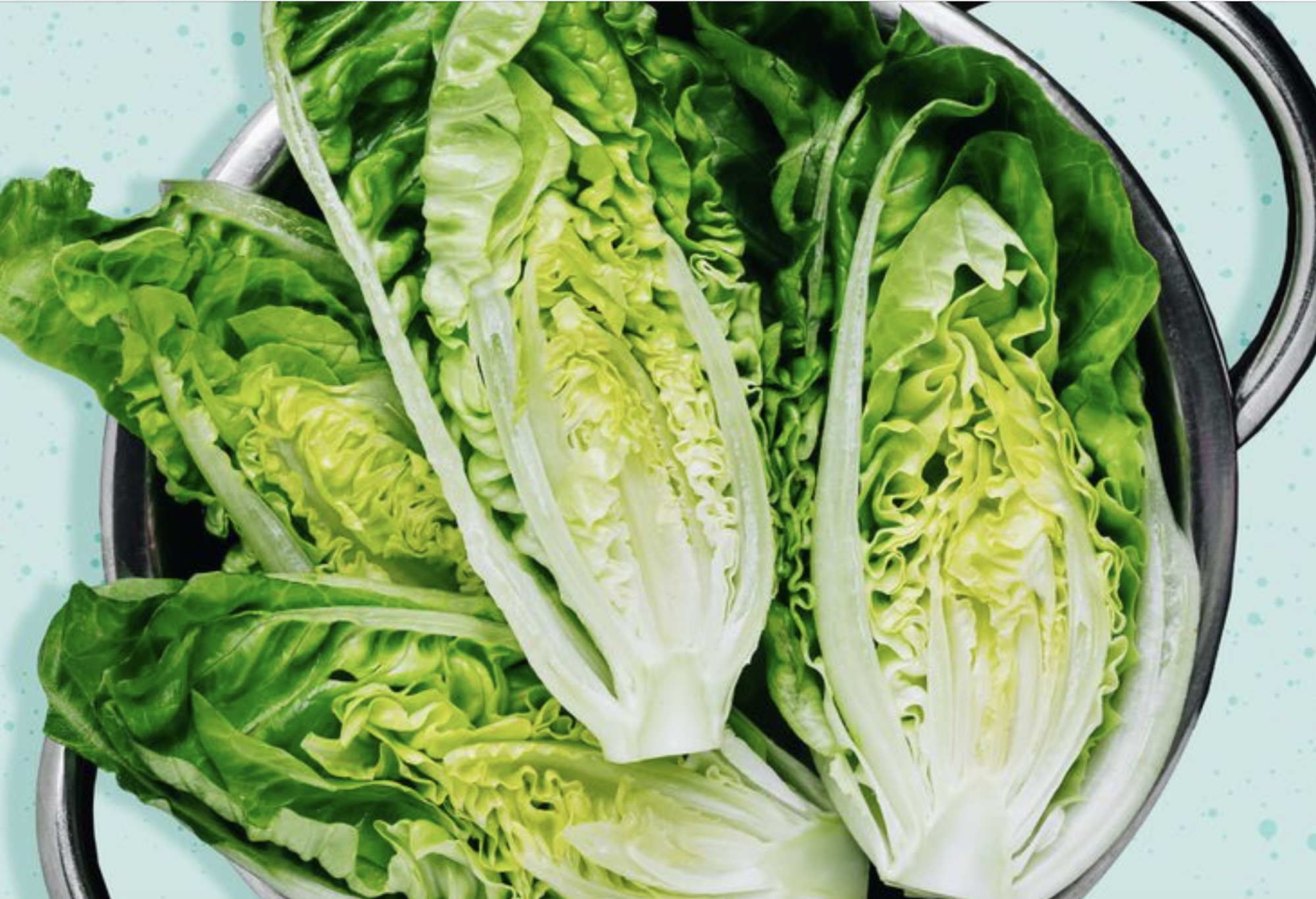Health Benefits of Romaine Lettuce
What are the health benefits of romaine lettuce?
Romaine lettuce offers several health benefits when consumed as part of a balanced diet:
- Nutrient-Rich: Romaine lettuce is low in calories but high in nutrients. It contains vitamin A, vitamin C, and vitamin K, as well as folate, manganese, and potassium.
- Rich in Antioxidants: Romaine lettuce is a good source of antioxidants, such as beta-carotene and vitamin C, which help protect cells from damage caused by free radicals and may reduce the risk of chronic diseases.
- Heart Health: The fiber, vitamins, and minerals in romaine lettuce can help support heart health by lowering cholesterol levels, reducing blood pressure, and decreasing the risk of heart disease.
- Digestive Health: The fiber in romaine lettuce can help promote healthy digestion and prevent constipation.
- Hydration: Romaine lettuce has a high water content, which can help fight dehydration and contribute to overall hydration levels.
- Weight Management: Romaine lettuce is low in calories but high in fiber, which can help you feel full and satisfied, making it a great choice for weight management.
- Bone Health: Romaine lettuce is a good source of vitamin K, which is important for bone health and may reduce the risk of osteoporosis.
Overall, romaine lettuce is a nutritious vegetable that can be a healthy addition to your diet. It can be enjoyed raw in salads or sandwiches, or cooked in soups or stir-fries, providing a crunchy texture and a mild, slightly sweet flavor.
What are the health risks of romaine lettuce?
Romaine lettuce is generally safe for most people when consumed as part of a balanced diet. However, there are a few potential health risks associated with romaine lettuce:
- Foodborne Illness: Romaine lettuce has been associated with outbreaks of foodborne illnesses, particularly those caused by E. coli bacteria. Contamination can occur during growing, harvesting, processing, or distribution. It’s important to wash romaine lettuce thoroughly and store it properly to reduce the risk of contamination.
- Allergic Reactions: Some individuals may be allergic to certain proteins in romaine lettuce, which can cause symptoms such as itching, hives, or swelling. Severe allergic reactions, such as anaphylaxis, are rare but possible.
- Oxalates: Romaine lettuce contains oxalates, which can contribute to the formation of kidney stones in susceptible individuals. People with a history of kidney stones may need to moderate their intake of high-oxalate foods like romaine lettuce.
- Pesticide Residue: Like other fruits and vegetables, romaine lettuce may contain pesticide residue, especially if not organically grown. Washing romaine lettuce thoroughly before eating it can help reduce pesticide exposure.
- E. coli Outbreaks: Romaine lettuce has been linked to several outbreaks of E. coli infections in recent years. Contamination can occur through contact with animal feces, contaminated water, or improperly composted manure.
Overall, romaine lettuce is a nutritious vegetable that can be a healthy part of your diet when handled and prepared properly. It’s important to wash romaine lettuce thoroughly, store it at the proper temperature, and avoid consuming it if there are any signs of spoilage. If you have concerns about food safety or allergies, consult with a healthcare professional.




